Francesco Musco e Linda Zardo, IUAV
The growing demand for energy and raw materials, climate change and the state of ecosystems make the ecological transition a strategic issue of undisputed relevance and urgency. The complexity of the process is equally evident. Different actors, different contexts are grappling with the need to develop infrastructures, local economies, access to services, protect natural capital, increase resilience to shocks and stresses within a new paradigm with as yet undefined edges.
On the one hand, mitigation and the need to reduce emissions call for thinking of new ways to produce and distribute energy, to build cities, communities and buildings with a view to passivity and circularity. All through a sustainable approach. On the other hand, adapting to the impacts of climate change calls for greater use of energy (for air conditioning during summer heatwaves, for watering in the event of increasingly frequent flooding, …) with impacts on the energy infrastructure itself, the economy, people’s health and the landscape. The approach proposed by Nature-Based solutions, which proposes designing with nature and not against, is cleared in theoretical terms, but not yet integrated into practice. How will the territories we inhabit change in response or as a consequence of these forces? Is there only one way or are there possible alternatives to choose from? Do we have ways of imagining the effects in the physical space of established policies and priorities? And will we like the result?
In addition to asking these questions, planning has the tools to evaluate alternative choices on the basis of a set of criteria, project parallel scenarios to support and guide decision-making, map risks, identify vulnerable groups and draw up targeted measures and policies, and consider possible conflicts related to land-use change.
The session focuses on these issues, questions and tools revolving around territories undergoing transformation, focusing on municipalities, provinces, agencies or foundations that have already moved a foot in the ecological transition. The proposed sessions highlight, through research papers, projects and good practices, how planning and its tools can help us consider energy, ecosystems and climate change in the complicated equation that determines the places in which we live.
PROGRAM
9:00 a.m. – 9:30 a.m. registration
Welcome greetings and opening of the session
Linda Zardo, IUAV University of Venice
“Energy communities and beyond: circular and decentralized proposals for the development of inland areas”
Matteo Basso, IUAV University of Venice
Micol Roversi Monaco, IUAV University of Venice
Giulia Lucertini, IUAV University of Venice
“Urban resilience fielded: redevelopment of the North Industrial Area of Padua (ZIP area) for adaptation”
Giovanni Vicentini, Municipality of Padua
Vittore Negretto, IUAV University of Venice
Vittoria Ridolfi, IUAV University of Venice
“Towards the wide area territorial plan (PTAV): the case of Rimini”
Roberta Laghi, Province of Rimini
Filippo Magni, IUAV University of Venice
“Climate Strategy territories: experiences from Cariplo Foundation”
Federico Beffa, Cariplo Foundation
Elena Jachia, Cariplo Foundation
“Ecological transition: the Verona plan”
Tommaso Ferrari, Municipality of Verona
Denis Maragno, IUAV University of Venice
Wrap up
Francesco Musco, IUAV University of Venice
Italiano
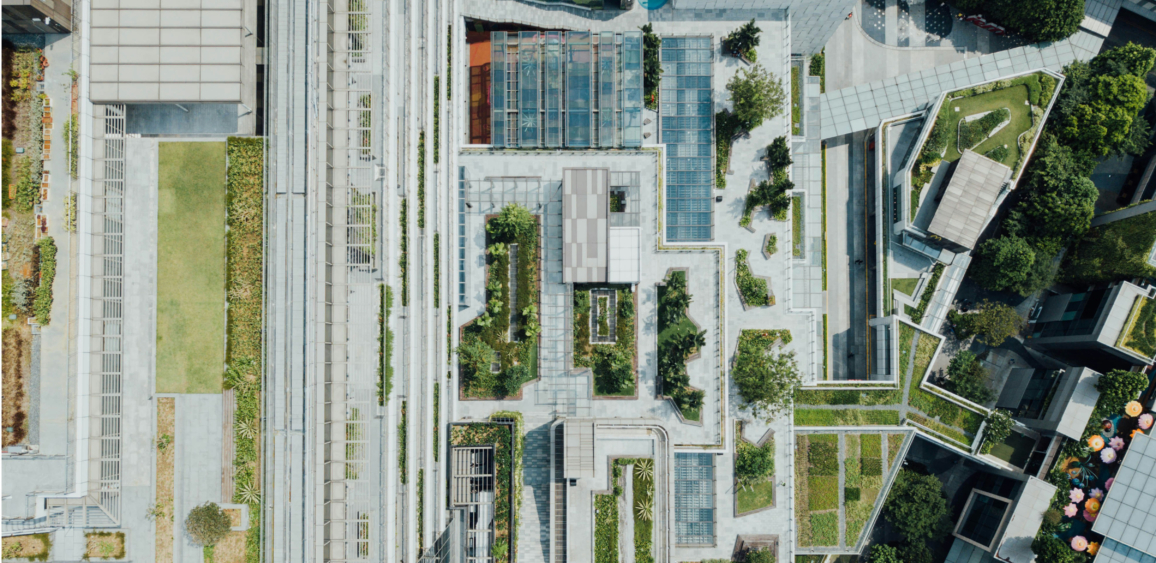
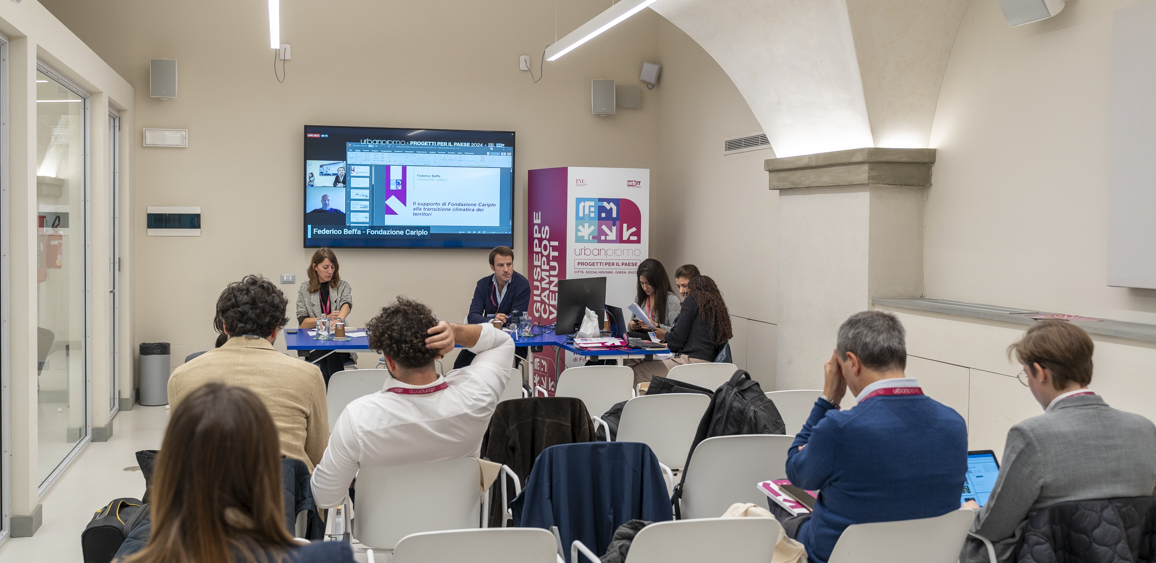
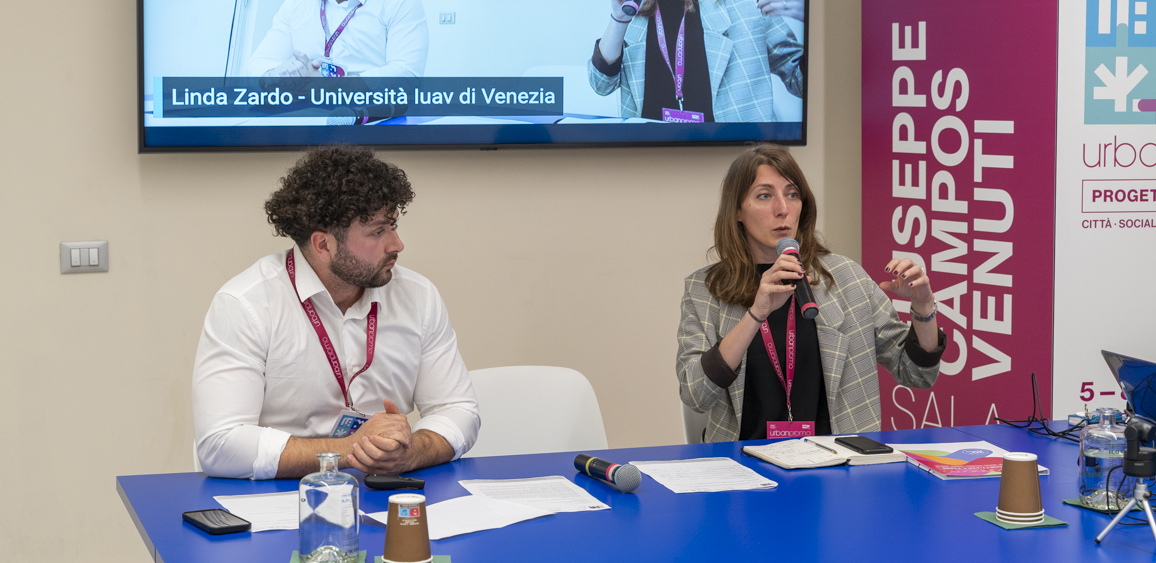
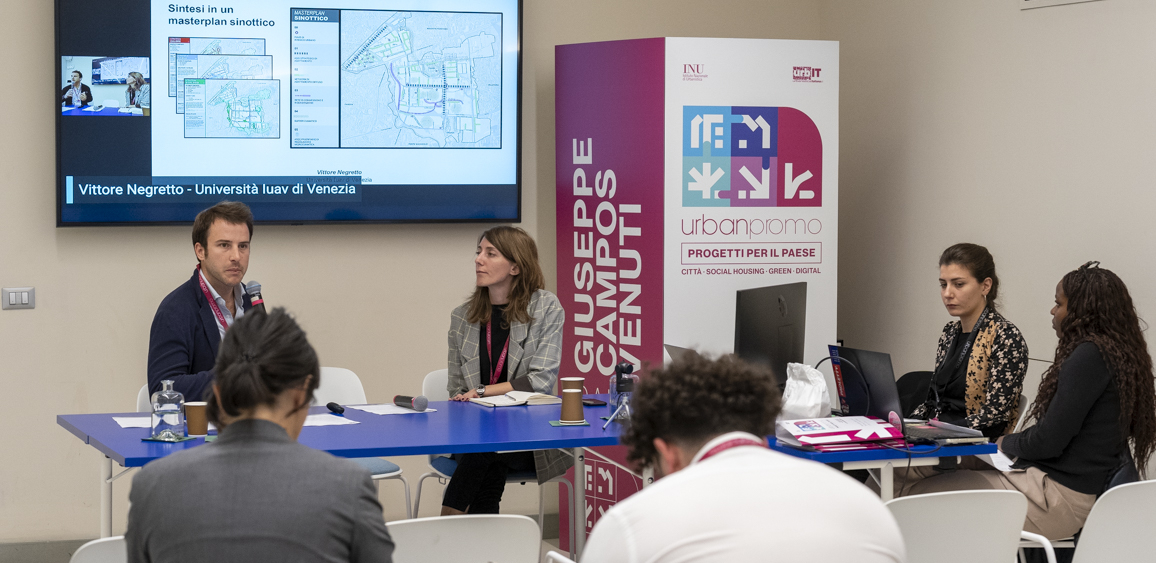
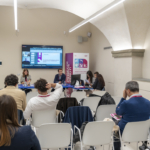
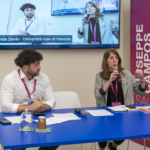
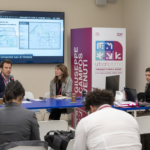
Contributions